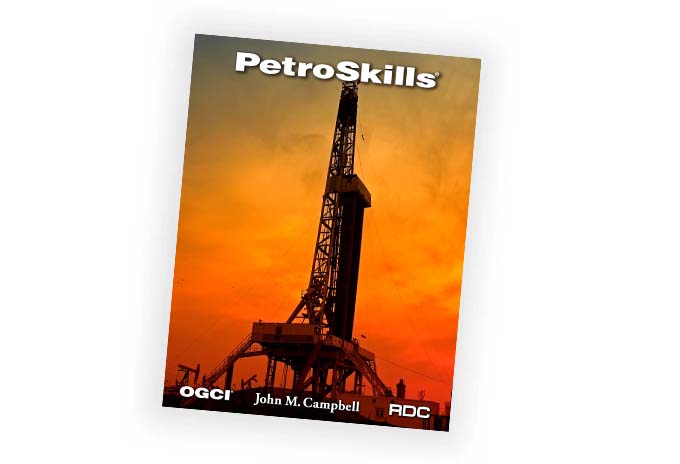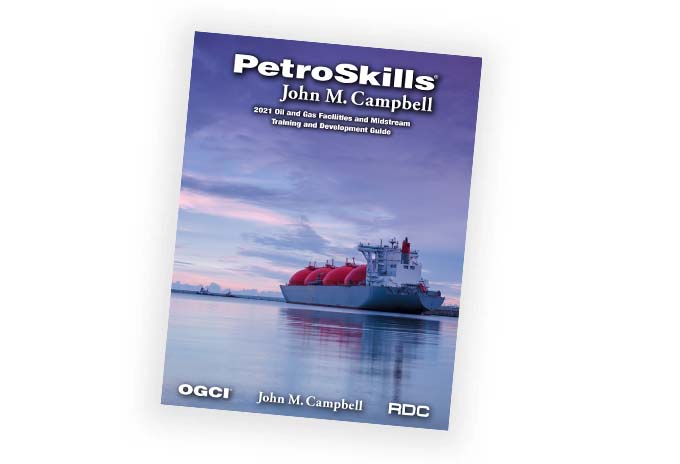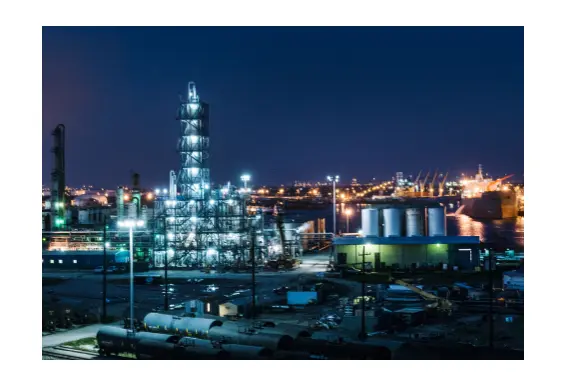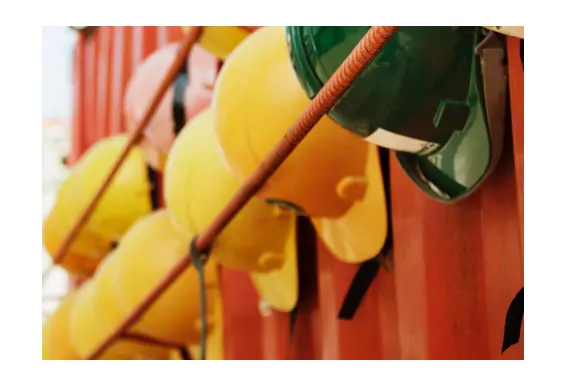Coring and Core Analysis - CCA
About the Course
More than three-quarters of current additions to the world's reserves come from better management of existing reserves. Core-based measurements offer the most tangible and direct means of determining critical reservoir parameters. Core analysis can play a vital role in field equity or unitization and is often considered to be the ground truth to which other measurements are compared (e.g., wireline logging). Using a multidisciplinary approach, participants are taken through the steps necessary to obtain reliable core analysis data and solve formation evaluation problems. Throughout the course, participants are given hands-on problems and practical laboratory and field examples, which reinforce the instruction. *Laboratory visit with core analysis measurement demos (where feasible).
"Learning the advantages and disadvantages of different types of core and handling techniques. I also really enjoyed the petrography aspect." - Geologist, United States
"Loved the course!" - Geologist, United States
Target Audience
Petrophysicists, reservoir engineers, exploration and development geologists, core and log analysts, geophysicists, drilling and completion engineers, and oil company research and development staff.You Will Learn
Participants will learn how to:
- Design coring programs and maximize core recovery
- Preserve core to minimize rock alteration
- Take and analyze sidewall cores
- Use cores to estimate porosity, permeability, and fluid saturation (basic core analysis)
- Understand special core analysis (e.g., wettabililty, relative permeability, capillary pressure, and reservoir fluid distribution for reservoir engineering and petrophysical evaluation)
- Prevent/spot errors in core analysis vendor reports (quality control)
- Select samples for special core studies
- Correlate core and log data
Course Content
- Coring and core analysis objectives
- Coring hardware and maximizing core recovery
- Core-handling, wellsite procedures, and preservation methods
- Sidewall coring and analysis
- Organizing effective laboratory programs
- Porosity, permeability, and fluid saturation
- Unconventional Reservoir Analytical Protocol
- Quality control in core analysis
- Petrography and mineralogy
- Special core analysis sample selection and statistical data analysis
- Core-log correlation (includes NMR log calibration, acoustic, nuclear, and electrical properties) an introduction to rock mechanics
- Wettability, relative permeability, capillary pressure, and reservoir fluid distribution
- Data integration in reservoir simulation
- Final problem: design of coring and core analysis program
Product Details
Categories:
UpstreamDisciplines:
PetrophysicsLevels:
FoundationProduct Type:
CourseFormats Available:
In-ClassroomInstructors:
Additional
Request a Public Session
If you are interested in a public session of this course, please click the button below to request it.
Request Public SessionIn-House Training
This course is also available upon request as a private, on-site seminar. Contact us for details and pricing.
Request In-House TrainingNeed Help
Contact us if you have additional questions about how to register for or attend this course.
Contact Us



